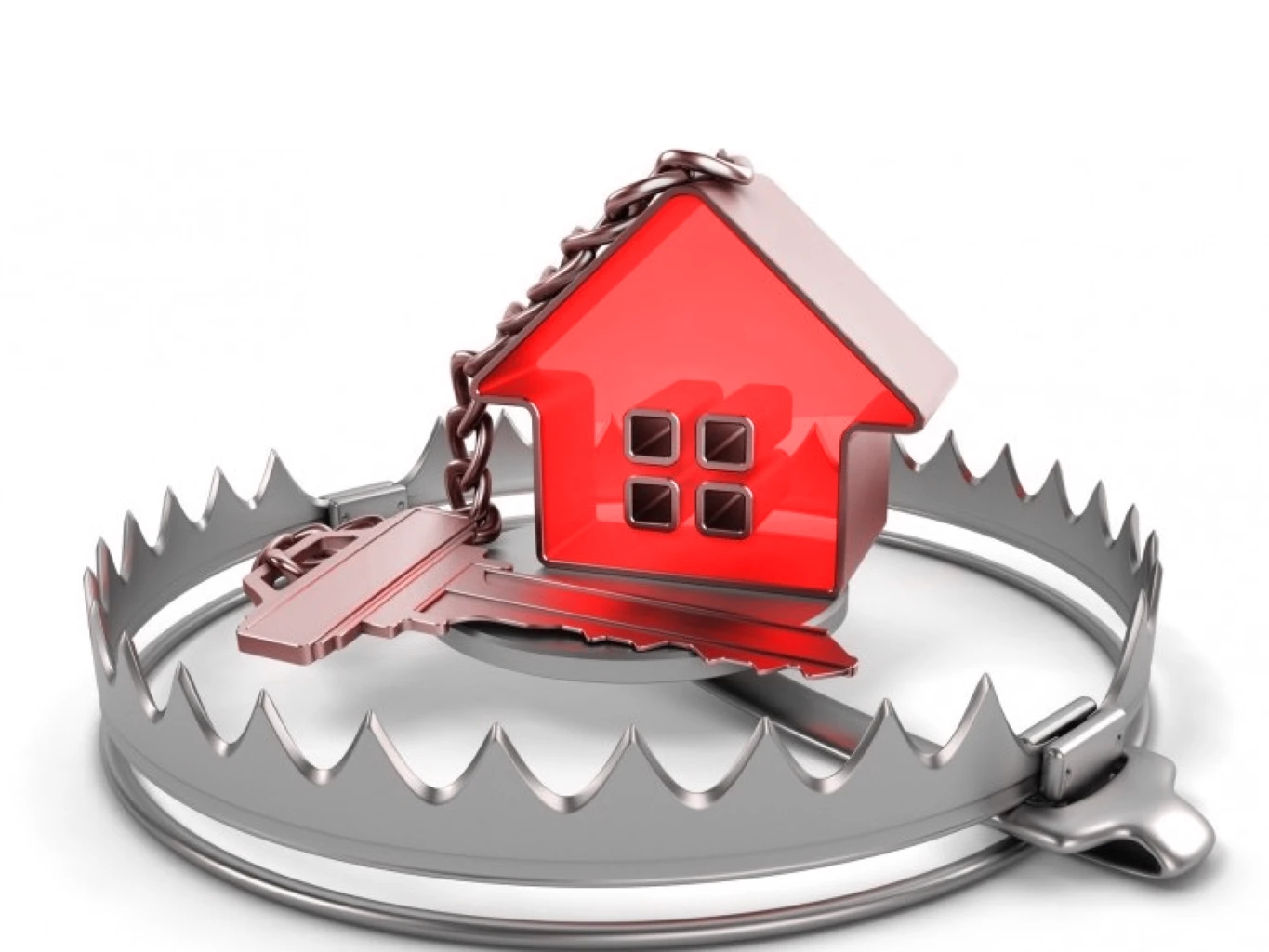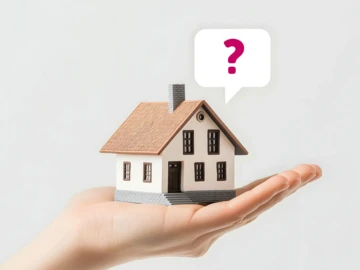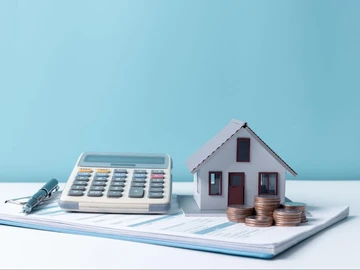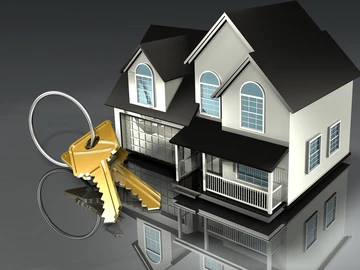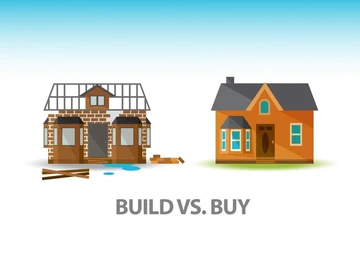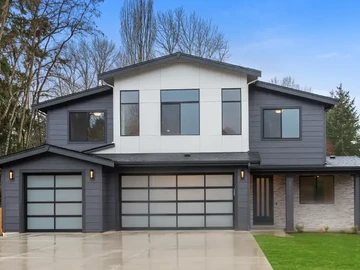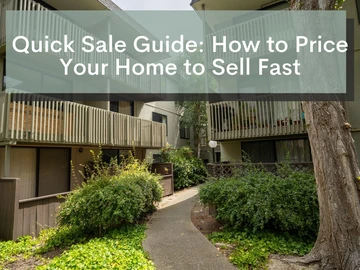The dream of owning a home in Zimbabwe can quickly turn into a nightmare if you fall victim to a property scam. With the rise of digital classifieds and informal sales, fraud cases have become increasingly sophisticated. In fact, over 2,000 property fraud cases were reported to the Zimbabwe Republic Police (ZRP) in 2024, according to local media reports and legal sources.
Whether you're buying in Harare, Bulawayo, or peri-urban areas like Chitungwiza or Ruwa, due diligence is non-negotiable. This guide is designed to help you buy safely, confidently, and smartly with expert-backed tips and real market data.
Common Types of Property Scams in Zimbabwe
Understanding how scams work is the first step to avoiding them. Based on cases tracked by conveyancers and ZRP, here are the most frequent types:
1. Fake Agents or "Middlemen"
Unlicensed agents present properties they don’t own or represent and demand a deposit upfront.
2. Double Sales
The same property is sold to two or more buyers usually where documents are forged or incomplete.
3. Cession Fraud
A property under cession (especially in Chitungwiza, Epworth, or Hopley) is sold using a forged Offer Letter or Lease Agreement.
4. Bogus Deeds
Scammers use fraudulent title deeds or alter legitimate ones to trick unsuspecting buyers.
5. Disappearing Sellers
Fake sellers disappear after collecting a deposit, often using falsified IDs or Power of Attorney documents.
How to Verify a Property Before You Buy
Here are step-by-step checks every buyer should do before paying even a dollar.
1. Check the Title Deed or Offer Letter
Ask to see the original Title Deed (for titled land) or Offer Letter/Lease Agreement (for council land).
In 2024, over 34% of fraud cases involved fake or altered deeds.
What to do:
- Verify the deed’s serial number and seller's name with the Deeds Registry.
- For cession properties, confirm the Offer Letter with the local council’s housing office.
- Don’t rely on photocopies or WhatsApp screenshots see the original.
2. Confirm Seller Identity
Scammers often use forged national IDs or foreign passports.
What to do:
- Request to see the seller’s original ID and match it with the deed or offer letter.
- If Power of Attorney is used, ensure it is notarised and registered with the High Court.
- Cross-check names with property ownership records.
3. Use a Registered Estate Agent or Conveyancer
Avoid relying on informal brokers or “go-betweens.”
What to do:
- Ask for the agent’s REAZ registration number.
- Check if the lawyer handling the deal is on the Law Society of Zimbabwe (LSZ) list.
- Use marketplaces like Property.co.zw, which require agent verification before listing.
4. Check Council Rates and Utility Status
Outstanding municipal or utility bills can lead to post-sale disputes or delays in transfer.
What to do:
- Ask for a Rates Clearance Certificate from the local authority.
- Request ZESA or water bill statements to ensure no arrears.
5. Avoid Cash Payments Without Documentation
Many scams involve unrecorded cash payments that are difficult to trace.
What to do:
- Never pay cash upfront without a signed Agreement of Sale.
- Use bank transfers and insist on receipts from a lawyer’s trust account or registered agency.
- Document all payments clearly with dates and signatures.
6. Insist on a Proper Agreement of Sale
A verbal agreement or informal WhatsApp message is not legally binding.
What to do:
- Have a lawyer draft or review the agreement.
- Ensure it includes: names, ID numbers, property description, price, payment terms, and occupation date.
- Both parties must sign in the presence of witnesses or legal counsel.
Red Flags to Watch Out For
|
Red Flag |
Why It’s Risky |
|
The price is too good to be true |
Could be bait for a scam |
|
Seller is out of the country |
May be using fake Power of Attorney |
|
Refuses to meet in person |
Likely hiding identity |
|
Only communicates via WhatsApp |
Avoids traceable contact |
|
Wants full payment before verification |
High scam risk |
2024 Statistics: Property Fraud in Zimbabwe
|
Stat |
Figure |
|
Reported property scams (ZRP) |
2,000+ cases |
|
Average amount lost per victim |
USD $3,200 |
|
Most affected areas |
Harare South, Epworth, Chitungwiza |
|
Common victim profile |
Diaspora buyers & first-time buyers |
Expert Tips for a Safe Transaction
- Always involve a conveyancer from the beginning.
- Do due diligence—double-check seller identity, paperwork, and property status.
- Don’t rush—Scammers create pressure by claiming “multiple buyers are interested.”
- Use verified platforms like Property.co.zw, which works with over 200 licensed agencies.
Final Thoughts
Property is one of the biggest investments you’ll ever make don’t let it become your biggest regret. With scams on the rise, it’s more important than ever to protect yourself through careful verification, legal guidance, and trusted agents.
Looking for Safe & Verified Listings?
Browse thousands of verified properties with clear documentation on Property.co.zw—Zimbabwe’s No.1 Property Marketplace.
- Verified agencies
- Secure contact channels
- Trusted by over 8,000 property hunters monthly
 Continue with Facebook
Continue with Facebook
 Continue with Email
Continue with Email

